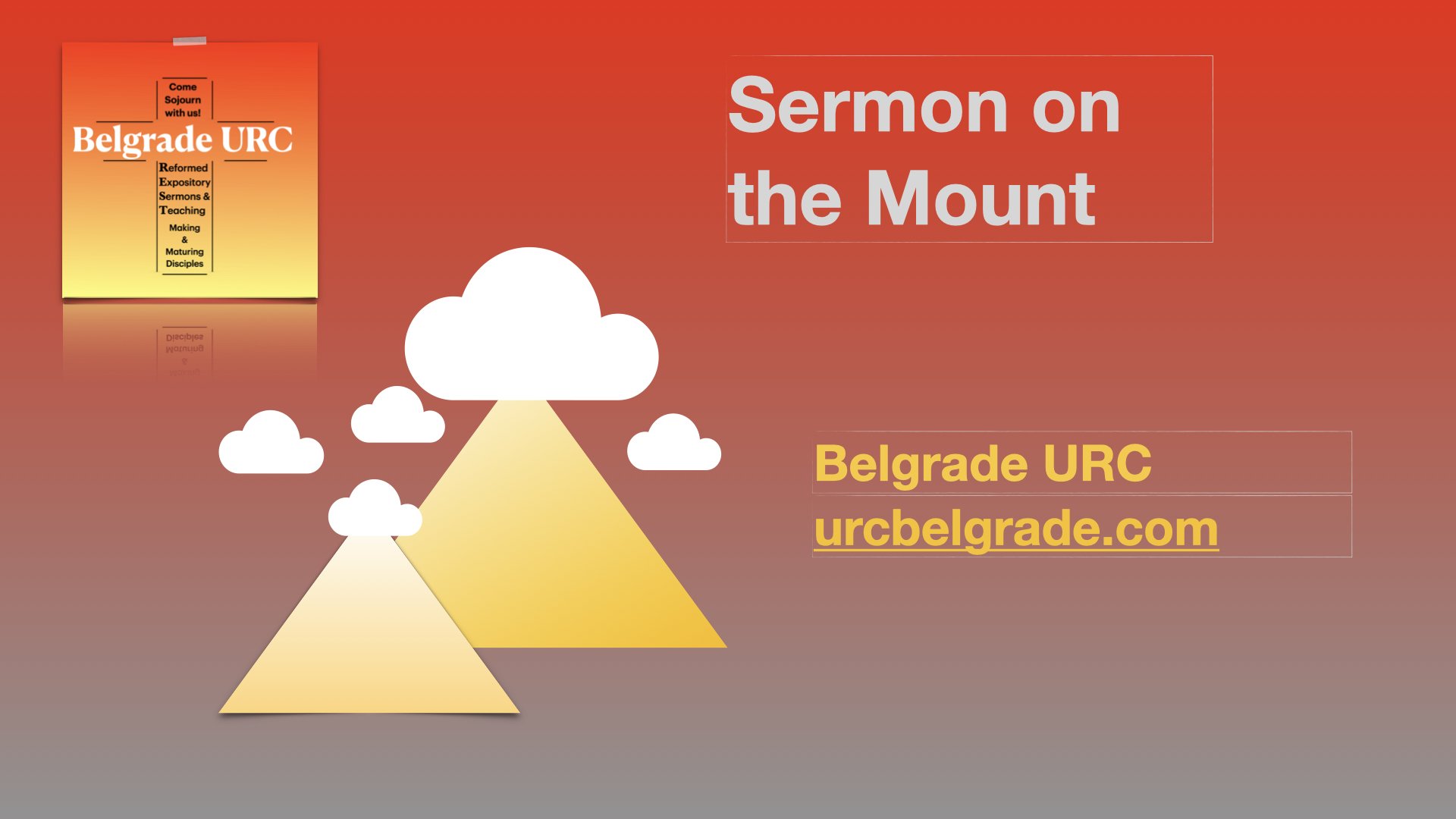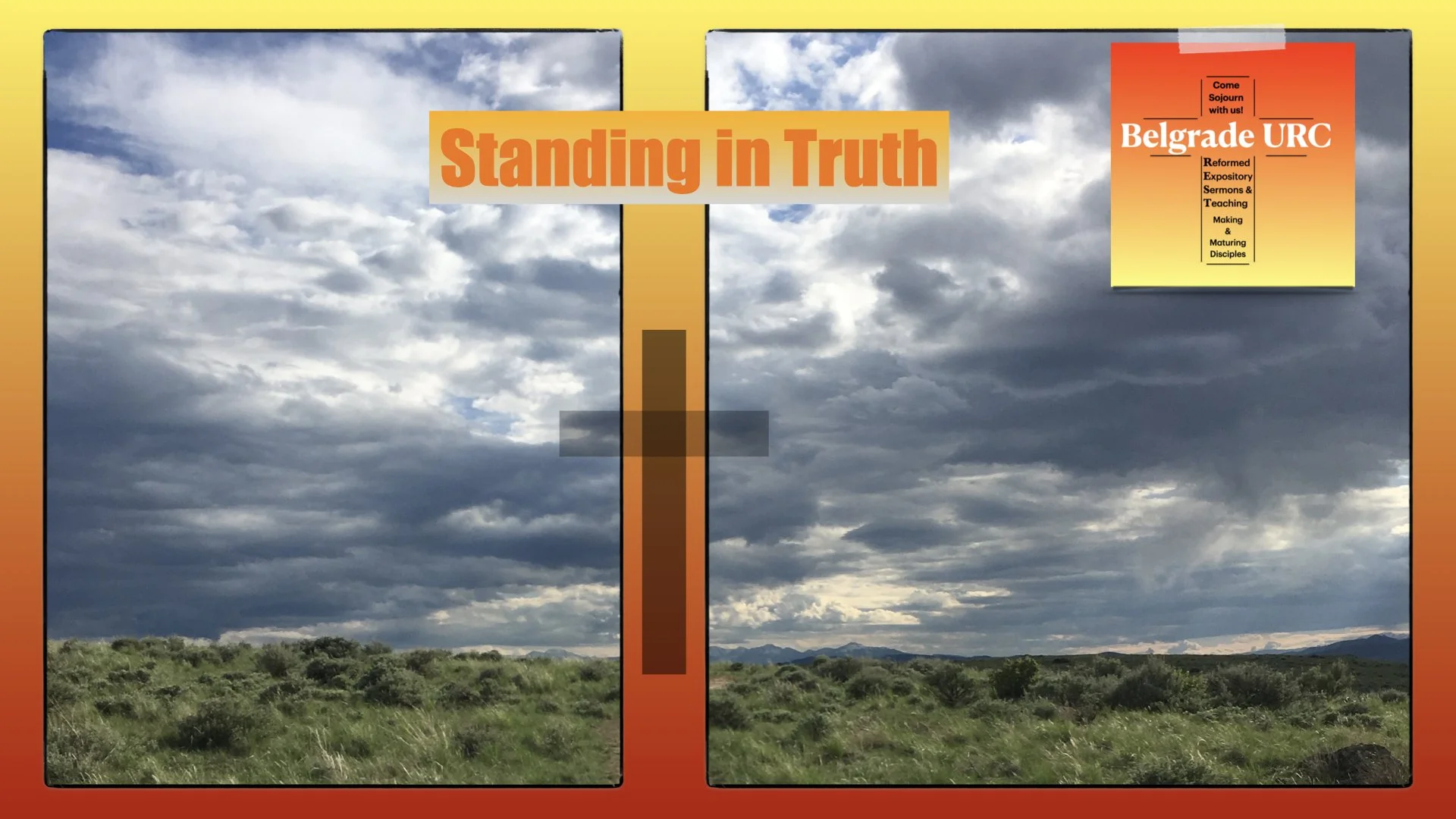Redeemed from Impurity (Titus 2:14; LD 1)
/A strange slogan for the gospel could be, “The Lord can save even a cretan.” This does not sound very polite, but the apostle Paul quotes from a cretan philosopher who summarizes non favorable cretan philosophers. Nevertheless, Paul makes very clear that even the cretans get the same gospel as Abraham. The point that Paul is making is that we are all set apart in Christ as a people who have been made worthy in Christ. It is because Christ has redeemed us that desire to live out of gratitude. In fact, it is a blessing to be owned by Christ.






